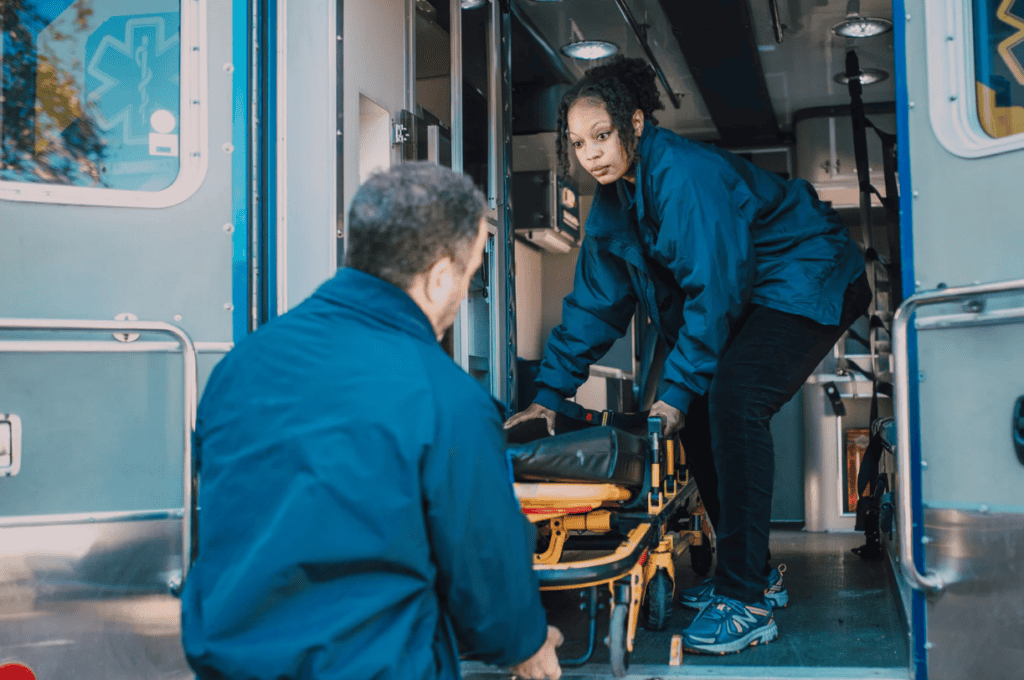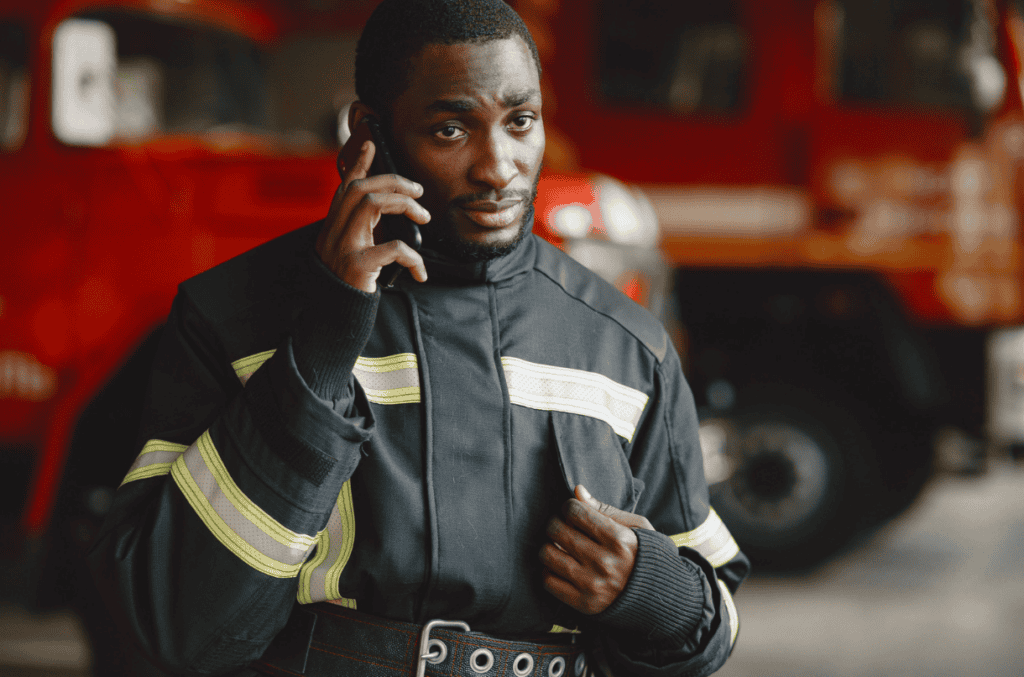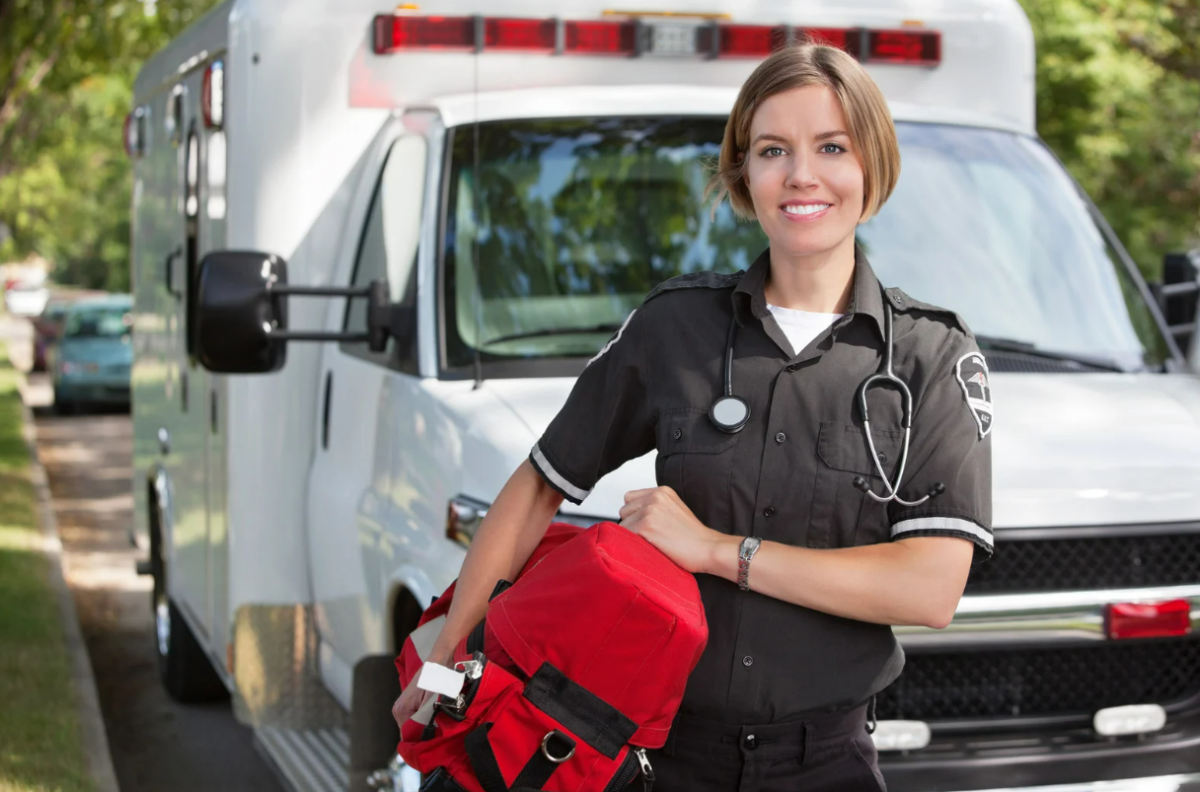Are you interested in a career as a first responder? These jobs are vital to our communities and require a unique set of skills.
First responders must be ready for emergencies at all times. The work is challenging but rewarding. To succeed in this field, you need to be physically fit, mentally strong, and well-trained.
There are several steps you can take to prepare. This guide will outline what you need to succeed if you choose a career in first responder positions. Keep reading to learn more.
Understand the Roles
First responder careers encompass various jobs. This includes:
- Firefighters
- Paramedics
- Police officers
- Emergency medical technicians (EMTs).
Each role comes with unique responsibilities. But all share a common foundation of courage, dedication, and resilience. Understanding the qualifications for each position is the first step in preparing.

Obtain Certifications and Training
Getting the right certifications is key for emergency service jobs. They also need to finish a program with both classroom and hands-on training. Candidates must pass these tests to qualify.
Consider these essential certifications for first responders:
- CPR and first aid certification
- Emergency medical technician certification
- Firefighting certification
- Crisis intervention training
Training often involves hands-on experience, simulations, and classes that focus on emergency response. Seek programs accredited by recognized bodies to ensure you’re receiving quality education. You can find out more information about certifications here.
Physical Fitness Requirements
Physical fitness is key for first responder roles. Emergencies can be physically demanding. You should work on your strength and endurance to meet these challenges.
Here are some fitness tips for future first responders:
- Do strength training
- Focus on cardio
- Practice agility drills
- Stretch regularly
- Get enough rest
- Eat a balanced diet
By staying fit, you’ll be ready to handle the physical demands of the job and meet the requirements.
Develop Key Skills
Beyond physical readiness, there are several key skills you’ll need to excel in first responder positions. Here are a few vital skills to cultivate:
Communication
Clear communication is crucial in public safety roles. You need to work well with your team and share important information quickly. Miscommunication can lead to mistakes, so practice being clear and concise.
Problem-solving
First responders need to think quickly. You will often have to make life-saving decisions under pressure. Stay calm and assess the situation fast.
Trust your training to help you make the right choice. Practice problem-solving in different scenarios to improve your skills. Keep learning from each experience to get better.
Empathy
First responders need to understand the emotions of victims and their families. This helps guide your response and improve interactions. Be patient and listen carefully to their concerns.
Show kindness, even in stressful situations. Empathy helps build trust and calm the situation. It also helps you connect with others on a human level.

Connect With Professionals
Networking is an important part of preparation. Connect with professionals in first responder roles to learn from their experiences.
Attend workshops, seminars, and community events to meet others. Social media, like LinkedIn, can help you find mentors and professionals in the field. Building a strong network opens doors to new opportunities.
Enjoy A Successful Career First Responder Positions
Preparing for a career in first responder positions takes dedication and commitment. By using the tips above, you’ll be well on your way to a fulfilling career helping others in times of crisis.
Stay focused and keep learning along the way. Seek out opportunities for growth and improvement. Your efforts will help you succeed and make a positive impact.
Did you find this blog post helpful? If so, feel free to explore more of our blog!


